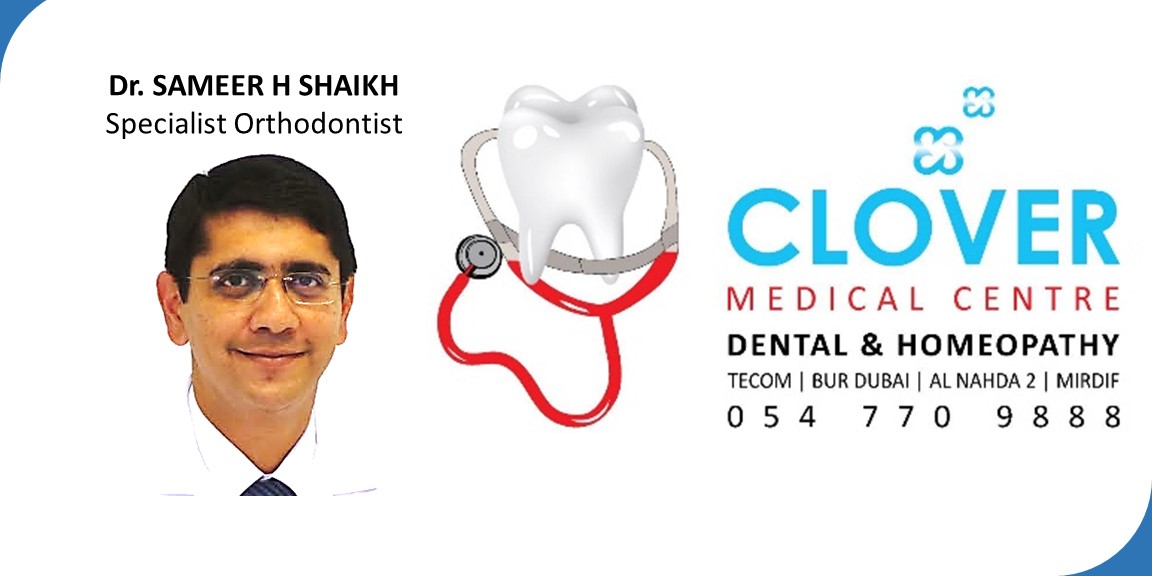
Different types of skin problems depict various underlying ailments which, if not treated on time could lead to serious health problems. For example, itchy and non-healing skin may indicate diabetes; dry itchy skin might indicate thyroid problems and sweaty skin may be a sign of fungal infections. Likewise, perpetually dry and scaly skin might indicate psoriasis, eczema, atopic dermatitis, or ichthyosis and oily skin may be a sign of acne, recurrent boils, or seborrhoeic dermatitis.
It is important to address skin problems as soon as possible before they lead to serious complications. However, a recent survey revealed that most individuals who have skin problems that deserve medical attention do not seek medical help at the initial stage, thereby aggravating the condition.
The most common skin disorders are:
Acne: Overactive oil glands and dead cells clog the skin pores resulting into pimples. It occurs in teen age in most cases. The symptoms of acne can be mostly seen on the face, neck, back and shoulders. If left untreated it may cause blemishes and scarring.
Eczema: It is the inflammation of skin often referred to as dermatitis. Eczema is characterized by excessive itching, dry and scaly eruptions with redness. It may occur at any age but most common in infants and children.
Psoriasis: It is characterized by thick, red, swollen patches covered by silvery white scales. It mostly involves scalp, face, lower back, elbows, knees, fingernails and toenails. It may occur at any age. People with severe psoriasis may have social embarrassment, job stress and emotional distress. Psoriasis may also lead to psoriatic arthritis. It is a chronic inflammatory arthritis that develops with psoriasis.
Vitiligo: It is a chronic skin condition characterized by portions of the skin losing their pigment. The visible sign of vitiligo is the presence of pale patchy areas of depigmented skin, which tend to occur on the extremities. The patches are initially small, but often grow and change shape.
Rosacea: It is characterized by redness and pimples over the face. It mainly affects the forehead, lower half of nose and chin. It mostly occurs in woman and fairer skin people.
Dermatitis: It is a condition characterized by inflammation of skin with itch and redness. The common symptoms are redness, swelling, itching and lesions.
CAUSES OF SKIN DISORDERS
Emotions such as anxiety, stress, depression and others may lead to conditions like vitiligo, psoriasis, eczema, acne, hives, lichen planus, and others. The combination of auto-immune, genetic and environmental factors also has been seen as the causes of various skin disorders.
HOMEOPATHY FOR SKIN
The homeopathic approach for skin problems is the constitutional approach where the patient answers a list of questions, based on which the analysis and evaluation of the case is done and a proper medicine is selected.
14-year-old Natasha had psoriasis since age eight, following her father’s death. Her lesions covered more than 85% of her skin area. She stopped going to school, owing to her ungainly psoriatic patches, and stayed at home. She was given homeopathic remedy Magnesium Carbonicum 200, based on her symptoms, which included “feelings of insecurity due to emotional separation.” After eight months of treatment, her skin was clear and free of psoriatic patches.
This case shows how emotions can trigger and activate autoimmune problems, such as psoriasis. It must be remembered that in skin affections, there is often an underlying psychosomatic factor.
SELF CARE TIPS
Here are some general self-care tips for healthy skin:
- Limit bath time and instead of hot water, use warm water.
- After washing or bathing, gently pat dry the skin with a towel to retain the skin moisture.
- Moisturise the skin.
- Eat a healthy diet.
- Eat plenty of fruits, vegetables, whole grains and lean proteins.
- Use sunscreen with an SPF (sun protection factor) of 15.
